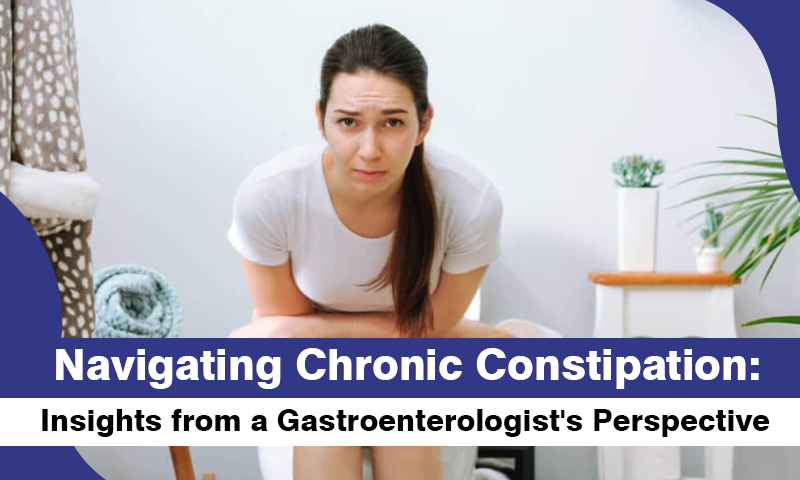Top 5 Powers and Pitfalls of Social media

Non-Alcoholic Fatty Liver Disease (NAFLD) and Non-Alcoholic steatohepatitis (NASH)
October 19, 2021
Know All About Fatty Liver Disease | Types, Causes, Symptoms, Treatment Options
November 29, 2021The COVID-19 pandemic clearly reflects the impact that social media has on public health and public perception of healthcare. My experience over the years on various social media platforms and collaborations with those companies has given me insight into how platforms function and how we might harness the power of social media in healthcare. The process is not as straightforward as it sounds. It takes adopting a marketing mindset and an understanding of how social media platforms, which are businesses at the core, function. One’s experience on social media varies by purpose, intended audience and skill set.
Powers
1. Disseminating accurate health information: In a world of misinformation, I strongly believe that we as gastroenterologists are the most qualified to discuss our areas of clinical expertise. Imagine how much our patients are exposed to outside of the clinical setting. Reclaiming the narrative with evidence-based information is not easy, but it is imperative for us to remain a part of online discussion. There is also an opportunity to highlight less visible areas of our field that may not be as widely promoted elsewhere.
2. Networking: There was once a point in time when there were very few gastroenterologists on the internet. Today, hundreds if not thousands of gastroenterologists are active on various platforms, predominantly Twitter. Thought leaders who were less accessible in the past can now easily be reached. Similarly, the conversations online have led to research projects and other collaborative endeavors that have helped to raise awareness of gastroenterological disease and identify deficiencies in our field that warrant further study. I have also been able to connect with patient advocates and industry partners and learn from their perspectives as well.
3. Advocacy: Social media has given me the opportunity to lend my voice to causes I believe in and work with organizations that I never thought I’d be able to work with even outside of GI. Because of my work on social media, I have been able to work with the WHO and the Trevor Project, a non-profit organization providing crisis resources to LGBTQ+ youth.
4. Humanizing the profession: We often hear about trust in healthcare eroding over the years, and showcasing our lives and sharing our questions/interests/struggles is a powerful way to show that physicians are not intimidating, robotic and unapproachable. The degree to which you wish to share your personal life is a personal decision though!
5. Understanding patient perspective: There have been studies looking into picking up on patient concerns and perception of healthcare through their responses and engagement with relevant social media content. I believe we will be able to better target social media content to specific groups to help impact health outcomes and public health as a whole.
Pitfalls
1. Getting caught up in vanity metrics: Followers, likes or verified icons should never be the goal of social media. A loyal audience will find you if you develop an authentic, focused point of view on social media. Using these metrics to define one’s success on social media can ultimately feel very demoralizing.
2. Networking: There was once a point in time when there were very few gastroenterologists on the internet. Today, hundreds if not thousands of gastroenterologists are active on various platforms, predominantly Twitter. Thought leaders who were less accessible in the past can now easily be reached. Similarly, the conversations online have led to research projects and other collaborative endeavors that have helped to raise awareness of gastroenterological disease and identify deficiencies in our field that warrant further study. I have also been able to connect with patient advocates and industry partners and learn from their perspectives as well.
3. Advocacy: Social media has given me the opportunity to lend my voice to causes I believe in and work with organizations that I never thought I’d be able to work with even outside of GI. Because of my work on social media, I have been able to work with the WHO and the Trevor Project, a non-profit organization providing crisis resources to LGBTQ+ youth.
4. Compromising our patients: At the core of our profession is serving our patients. Whether it’s educating about a case on Twitter or expressing your creativity through a humorous skit on TikTok, our patients and their privacy should be the number one priority.
5. Personal safety: The strangest things you can imagine happening on the internet do actually happen. I’ve personally experienced quite a bit of it. This ranges from my photos being used to scam others, imposter social media accounts popping up or being baited into sensitive conversations that are later blasted to anti-science groups. Fortunately, with the large health professional community, there are resources if you find yourself in one of these situations. One of which is the non-profit professional society I founded, the Association for Healthcare Social Media where we work closely with several of the major platforms.
Dr Chirayu Chokshi, Dr. Dhaval Dave, Dr. Jaydeep Patel & Dr. Darshak Shah together carry an experience of 27 years in this field & they have done more than 35000 endoscopy procedures. For more information, visit our website www.gastrovadodara.com or call us on 9081333897 / 9825795257 to book an appointment.


